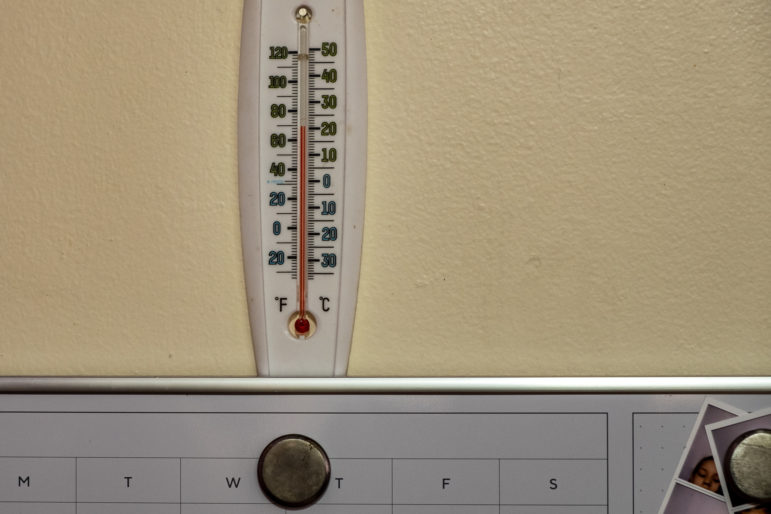The latest proposals from NYC candidates running for mayor and Manhattan district attorney.

Adi Talwar
New York County Supreme Court located at 60 Centre Street.Last week was a slow one in policy news, perhaps because everybody kept searching for the latest on a certain governor. Still, with the June 22 primary drawing ever nearer, a few candidates drew attention to new ideas—or at least ideas they thought deserved new attention.
Tali’s tally of policy ideas
Amid the crowded field for Manhattan district attorney, Tali Farhadian Weinstein has generated headlines for her financial advantage and her big name endorsements (former Attorney General Eric Holder, former NAACP president Ben Jealous and, most recently, former Manhattan Borough President Ruth Messinger), but her campaign team is driving more attention to her policy proposals as well. Her recent call for a Bureau of Working Protection, to combat things like age theft and workplace safety, mirrored similar proposals by other candidates. In November, she pitched a bureau of gender-based violence that would combine not just the DA’s Sex Crimes and Domestic Violence units, but also human trafficking, stalking, gender-based hate crimes and elder abuse, the latter reflecting a recognition of the heavy gender skew to crimes against older New Yorkers. A gun-violence platform unveiled back in September put the focus on interstate gun trafficking and improving gun-possession conviction rates through the creation of a Manhattan gun court (Brookyn’s gun court was the focus of a 2016 Trace article and a later, a Slate podcast.) She also promised support for violence-interruption efforts, prosecution diversion programs and a special Juvenile Prosecution Unit to handle kids caught with guns.
Lang targets backlog
Among the societal symptoms of COVID-19 has been the slowing of a local criminal justice system that was never fast to begin with. Manhattan DA candidate Lucy Lang has released a plan—more like an idea, really—for how to deal with it. She wants to form a “Pandemic Justice Task Force” bringing together the other four DAs, the indigent defense organizations, the court system, community groups and “volunteer retired criminal attorneys” to “collaboratively invest in a process to develop appropriate responses to each of these many cases” and “employ technological tools to create virtual opportunities for court appearances when possible and appropriate.” The pandemic is creating all sorts of uncharted territory, but there are always practical and philosophical obstacles to bypassing the adversarial court system with collaborations between prosecutors and defense attorneys. Hopefully, by the time the next DA takes power on Jan. 1, the courts backlog will have been boiled down somewhat.
Donovan reiterates equity plan
Mayoral hopeful Shaun Donovan has been talking about racial equity since the start of his campaign: addressing the racial dimension in each of the many policy papers he has released, pitching an Equity Bonds program and promising to appoint a “chief equity officer” to report directly to him when he’s mayor. Last week he pulled many of these ideas into a racial equity platform. One of the key lines in it was this: “A Donovan administration will be committed to setting goals for increased equity and opportunity across all facets of New York City life, tracking our progress and holding ourselves accountable.” It is one thing for candidates to embrace the idea that systemic racism is a real and present danger to the city and propose ways to reduce or end it. It’s another thing to commit to meaningful, measurable goals—and yet another thing to actually reach them. Mayor Michael Bloomberg, Donovan’s one-time boss, committed with great fanfare to dramatically reducing poverty and substantially reducing homelessness, and did neither. For the promise of specific racial equity goals to be truly powerful, a candidate might need to set those goals before votes are cast.








